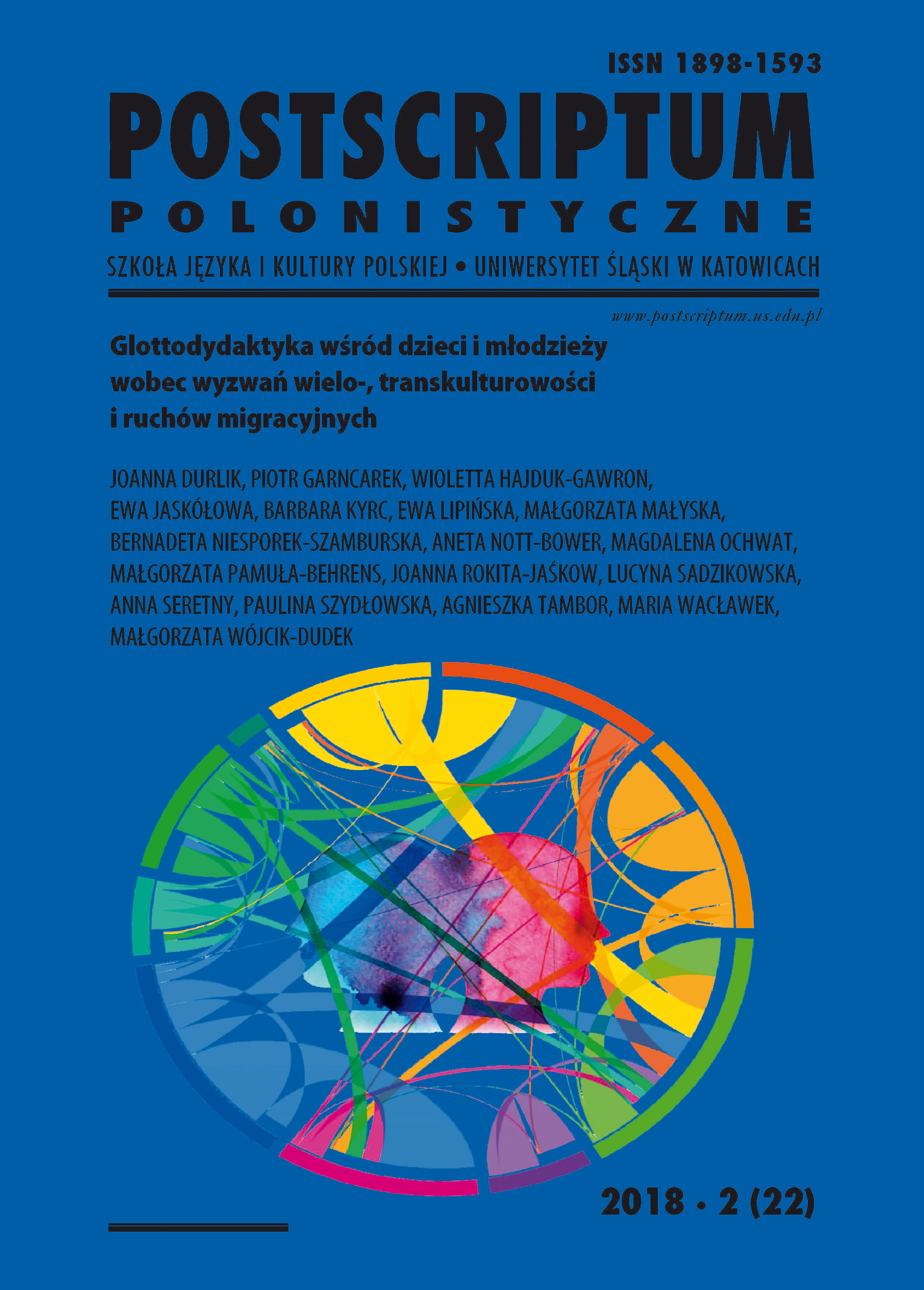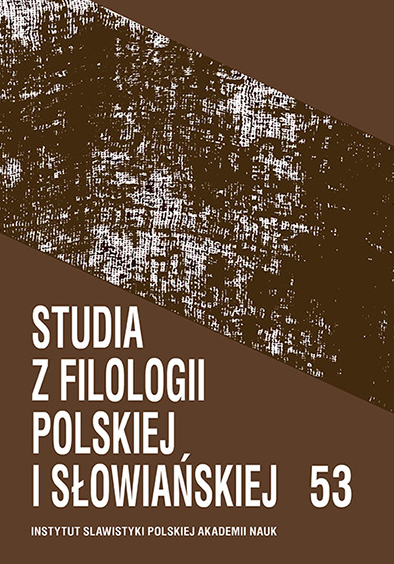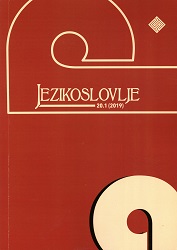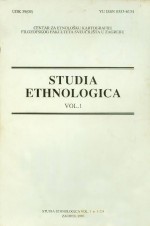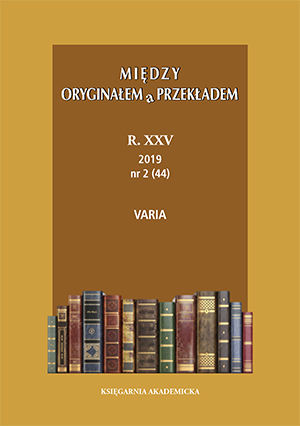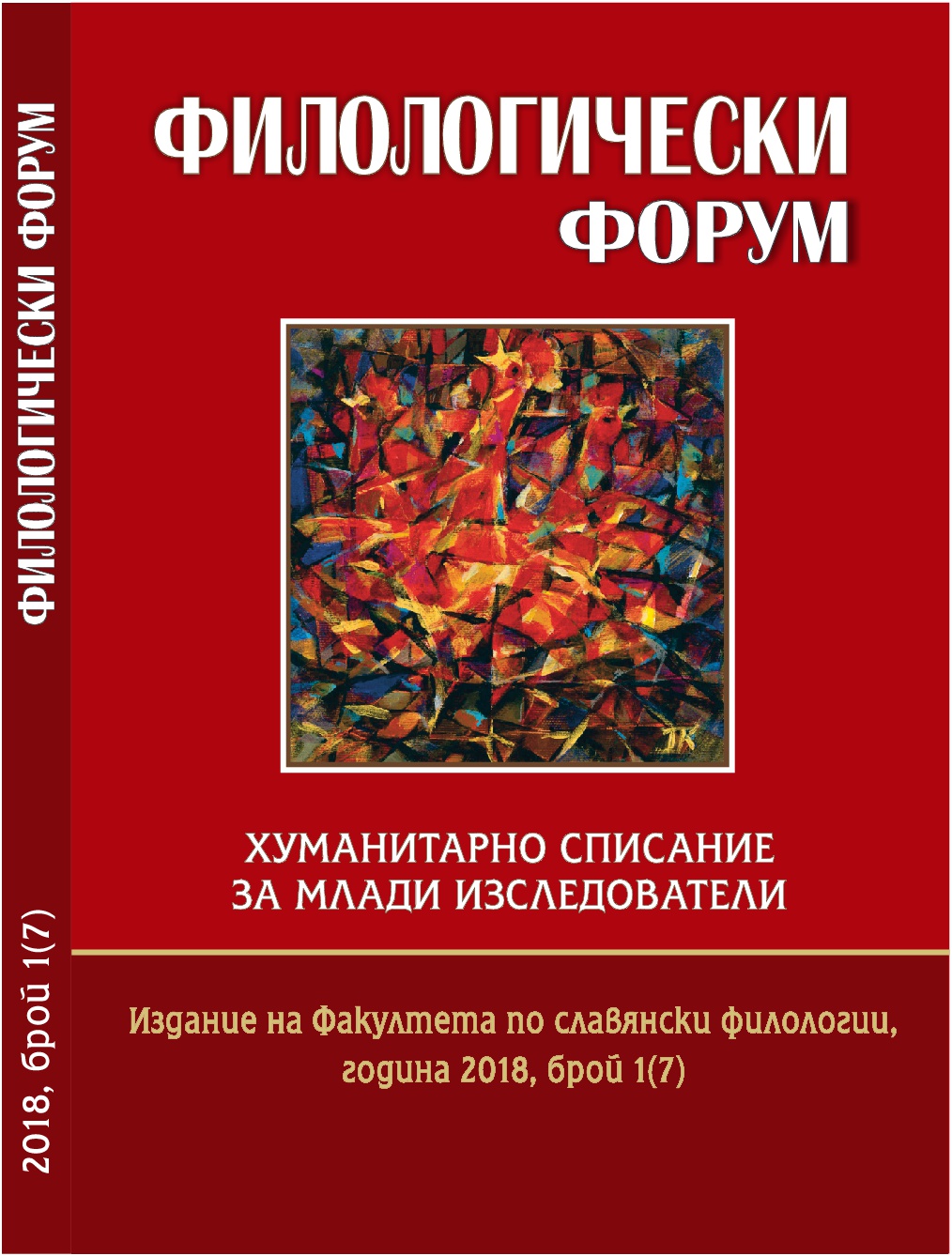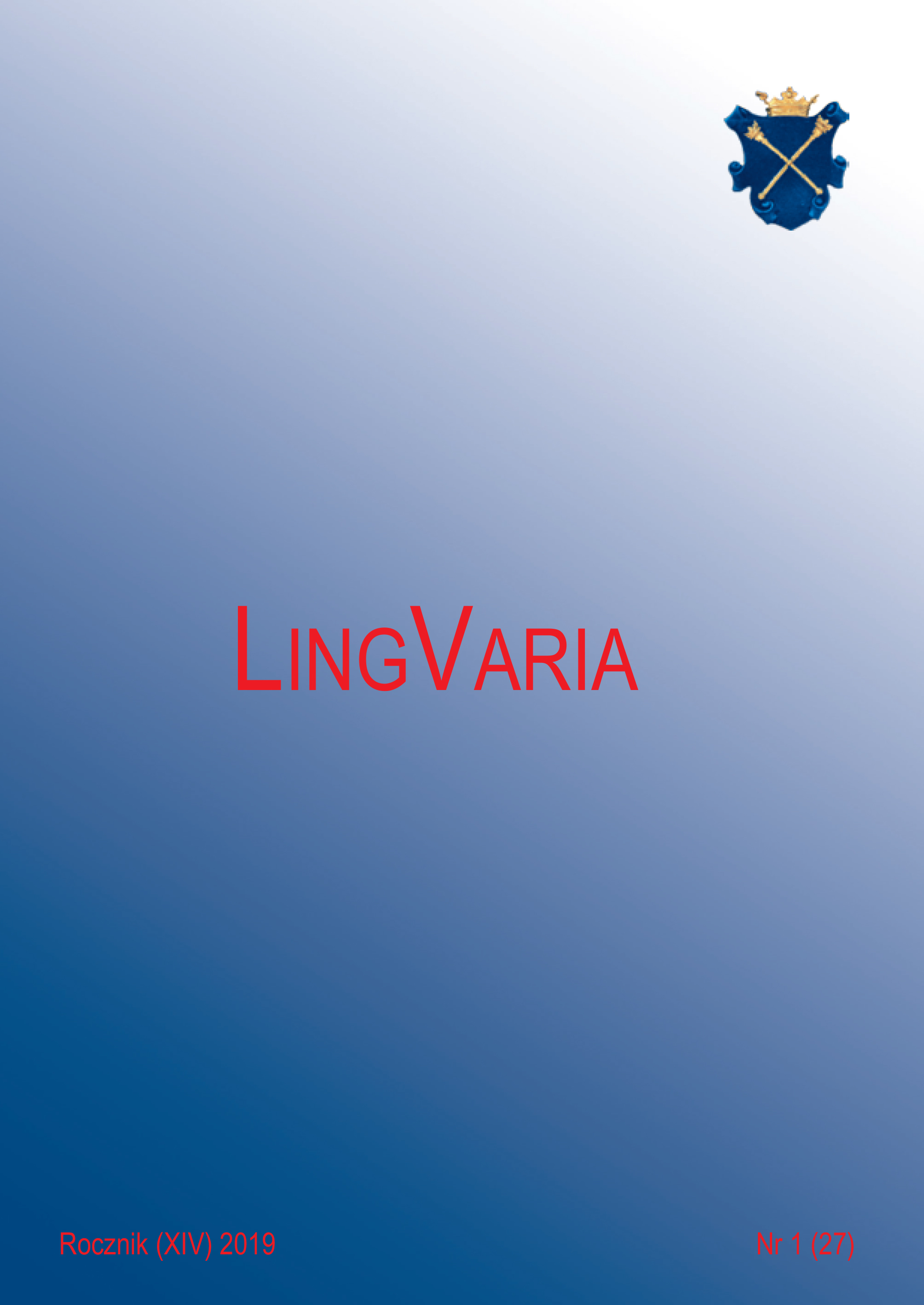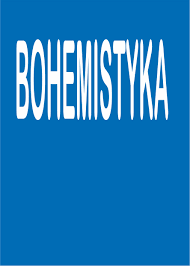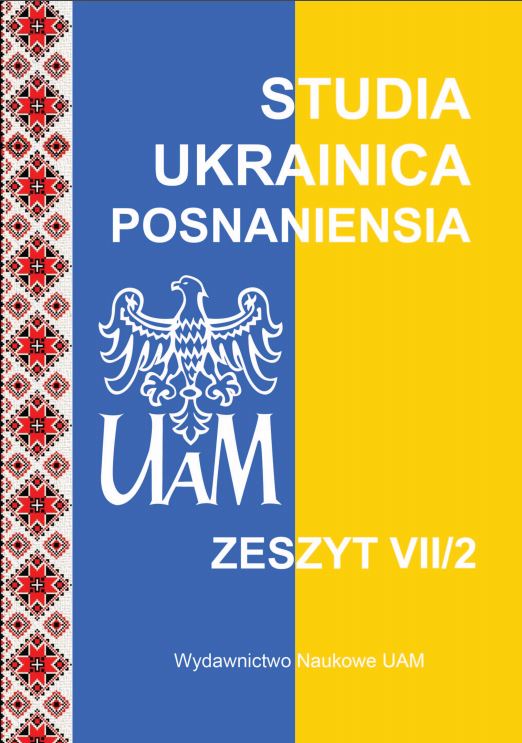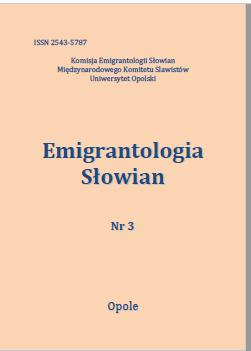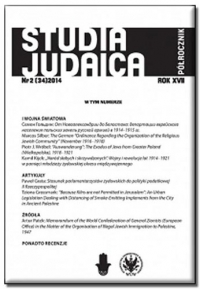Author(s): Nenad Vuković / Language(s): Croatian,Serbian
Issue: 3/1978
In the Proto-Slavic society a tribe (»pleme«) was the highest degree of social structure. It was a definite free, territorial, economic, military and religious community of relatives. This word has been preserved in all the Slavic languages: Serbo-Croatian: plème, Russian: plémja, Polish: plemie, Czech: plémè, Slovenian: pléme, Bulgarian: pléme, Old Slavonic: pleme, etc. It originates from pled-men-, according to plod. In Latin documents, such a community has been called gens, genus, generatio, progenies, parentella, in German: Stamm, Geschlecht, Celtic-Germanic: pagus, Greek: ρνλον. Several centuries after coming to Balkan, the South Slavs lived divided into tribes, but we know almost nothing about them. The establishment of a central government destroyed the tribal organization. In the medieval records the tribes are not mentioned at all, only tribal states (»župe«). If the word »pleme« is somewhere mentioned, then it has the meaning of a clan (»rod«), especially of aristocracy (for example: nobiles duodecim generationum regni Croatie). The word »pleme« in its original meaning is preserved in Montenegro (Montenegrin tribal organization). Almost with all Slavic peoples, especially in the district of Serbocroatian language, the meaning of the word »pleme« has been widened and in some cases it is difficult to state it precisely, because some of the meanings often overlap each other. Beside its basic meaning, the word »pleme« can denote the following: house (»kuća«), relatives (»rodbina«), kinship (»srodstvo«), posterity (»potomstvo«), clan (»bratstvo«, »rod«), people (»narod«), part of the people (»dio naroda«), mankind (»čovječanstvo«), a species of animals or plants (»vrsta životinja ili biljaka«), etc.
More...
